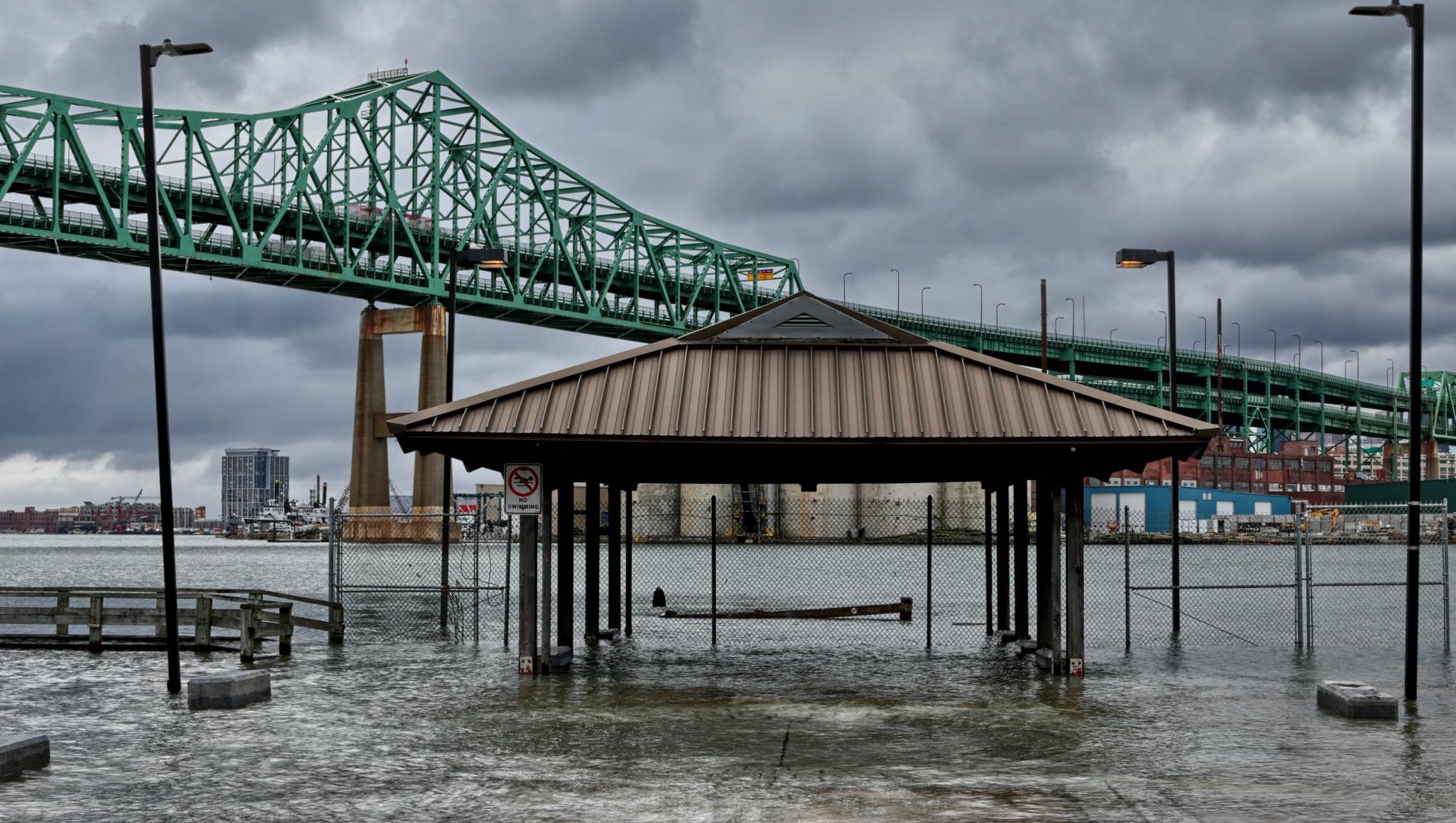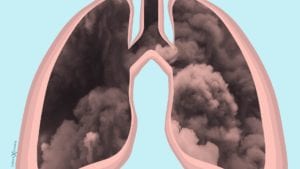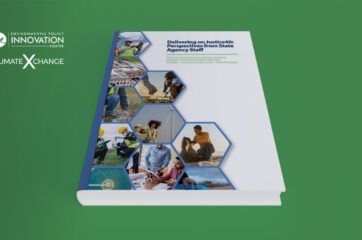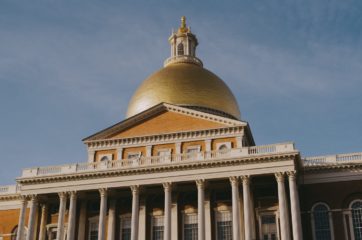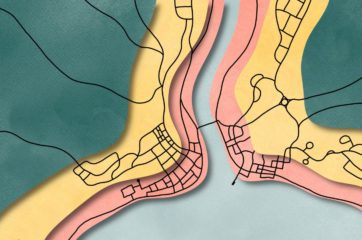Communities of color are bearing the brunt of the COVID-19 pandemic in the United States. It’s something we’ve known for a while now, and something we should have predicted, but a report released on Tuesday by the Office of Massachusetts Attorney General Maura Healey conclusively highlights this critical issue.
The brief, “Covid-19’s Unequal Effects in Massachusetts: Remedying the Legacy of Environmental Injustice & Building Climate Resilience,” lays out exactly how racial inequality, air pollution, and COVID-19 are connected in the Commonwealth and what steps states must take moving forward.
“Science has drawn the connection between long-term environmental pollution and mortality rates for COVID-19,” Healey said during a press conference announcing the release of the recommendations. “If we take care of our environment, we’re going to take care of public health. We’re going to take care of people.”
Chelsea, Everett, Brockton, Lawrence, Lynn. These communities are some of the hardest hit by COVID-19. They are also some of the most polluted in MA.
Today we released a brief on environmental injustice in communities of color & immigrant communities. ➡️ https://t.co/PlQnQ75KoM pic.twitter.com/ls4W3uUOjE
— Maura Healey (@MassAGO) May 12, 2020
In Massachusetts, communities with the highest percentage of Black, Brown, and immigrant residents — including Chelsea, Everett, Brockton, Lawrence, and Lynn — have emerged as hotspots for the pandemic, due to a number of factors including higher air pollution levels.
The report makes three main points: 1) communities of color disproportionately breathe polluted air; 2) breathing polluted air is a major COVID-19 risk factor; and 3) states must act swiftly to rectify a legacy of environmental injustice. A more in-depth look at each of them below.
1. Vulnerable communities breathe the most polluted air
In both Massachusetts and across the United States, air pollution disproportionately impacts communities of color and low-income communities. In Massachusetts, these communities have long suffered from higher than average rates of asthma-related hospitalizations, in large part due to a lopsided system that permits the concentration of industrial facilities and highways in and around the state’s most vulnerable communities. As a result, a Boston University School of Public Health study shows that concentrations of fine particulate-matter pollution and nitrogen oxide — detrimental to respiratory health — were highest for Black and Latinx communities. This inequality has only worsened over time.
We’ve long known that compressor stations, power plants, and factories are much more likely to be stationed near communities of color and low-income communities. COVID-19 has painfully shown how this history of overburdening communities with pollution is in fact manifesting itself in thousands of deaths. An April Climate XChange article further discusses this inequality, and how it has exacerbated COVID-19 effects.
2. Breathing dirty air is a major risk factor for COVID-19 incidence and severity
The air pollution that vulnerable communities are exposed to is particularly relevant in the context of COVID-19, as pollution can both cause and worsen respiratory and cardiovascular issues — the pre-existing conditions that worsen COVID-19 symptoms.
In addition to a higher likelihood of suffering health conditions that exacerbate COVID-19, low-income communities are at higher risk of exposure to COVID-19 for a number of other reasons, according to the report:
- Public transit options may be the only travel option
- More frequent shopping trips may be necessary because there is insufficient funds to stockpile
- Overrepresentation in “essential job” categories
- Living situations may not be conducive to social distancing
Ultimately, these risk factors, combined with disproportionate air pollution levels, have led communities like Chelsea, Brockton, Everett, Lawrence, and Lynn to be hit hardest by the disease.
3. Every effort must be made to mitigate the disproportionate impact of COVID-19 on communities of color
The Massachusetts report outlines a number of measures that should be taken to remedy a deep-rooted legacy of environmental injustice. These include:
- Investing in clean energy and jobs to promote economic recovery. The clean energy industry is rapidly-growing, and the number of Americans who are employed in this field has skyrocketed to 3.3 million clean energy workers in 2018. As we move to advance electrified rail and rapid bus transit, improve building efficiency, and further our transition to a clean energy economy, the number of green jobs will only increase and help us come out of this economic downturn.
- Halting the rollback of environmental regulations and fighting for stronger air quality standards. The Trump Administration has dismantled dozens of existing environmental rules — such as Obama-era mercury regulations — that states across the country are fighting to keep. Attorneys General from 14 states, including Massachusetts, issued a letter last month in response to weakened pollution regulations. Strengthening state-level air quality standards is particularly critical in the face of federal rollbacks.
- Strengthening requirements to ensure environmental justice communities are protected. States must work with communities to establish a comprehensive system for improving the quality of public health data, a more robust network of air quality monitoring sites, and stronger criteria for regulatory permitting decisions.
The brief states, “many of the steps that will make our most vulnerable communities healthier — like transitioning away from polluting cars and trucks, reducing air pollution from power plans and other industries, and heating our homes and workplaces with cleaner fuels — will also make us all more climate resilient.”
Ultimately, COVID-19 has exposed a racial and economic inequality that has long resulted in public health disparities. States must move to act strongly on climate, transition away from toxic fossil-fuel based economies, and protect their most vulnerable populations in the process. This brief, and the efforts of the Attorney General in Massachusetts will hopefully shine a brighter light into the intersectionality of these issues — a first step to begin to remedy them.

